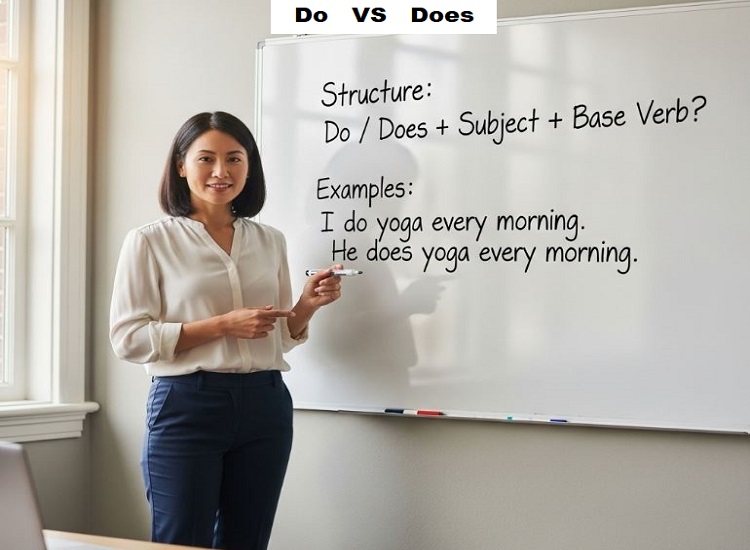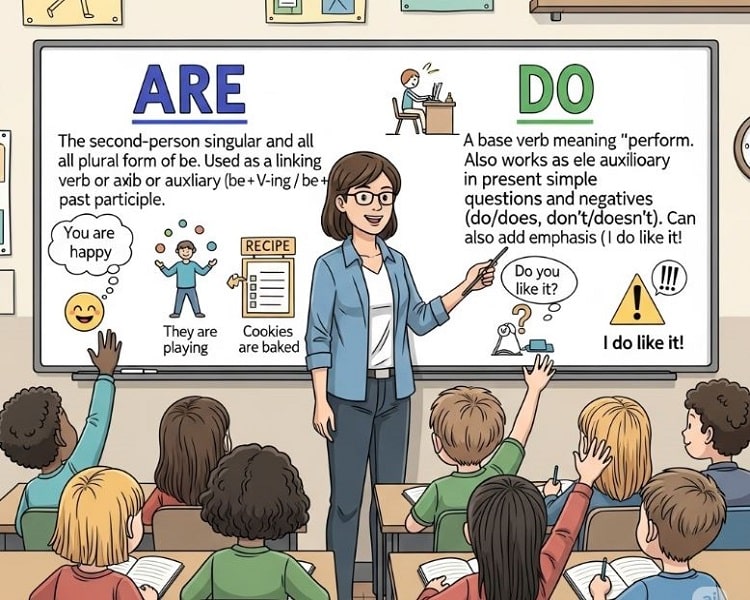Did VS Done With Definition, Differences, Uses, & Structures
English learners often get stuck on the difference between did and done. Both words come from the verb do, both talk about past actions, and both appear in everyday conversations — which is why they are so easy to mix up. This confusion is common, but clearing it up makes your speaking and writing instantly … Read more










